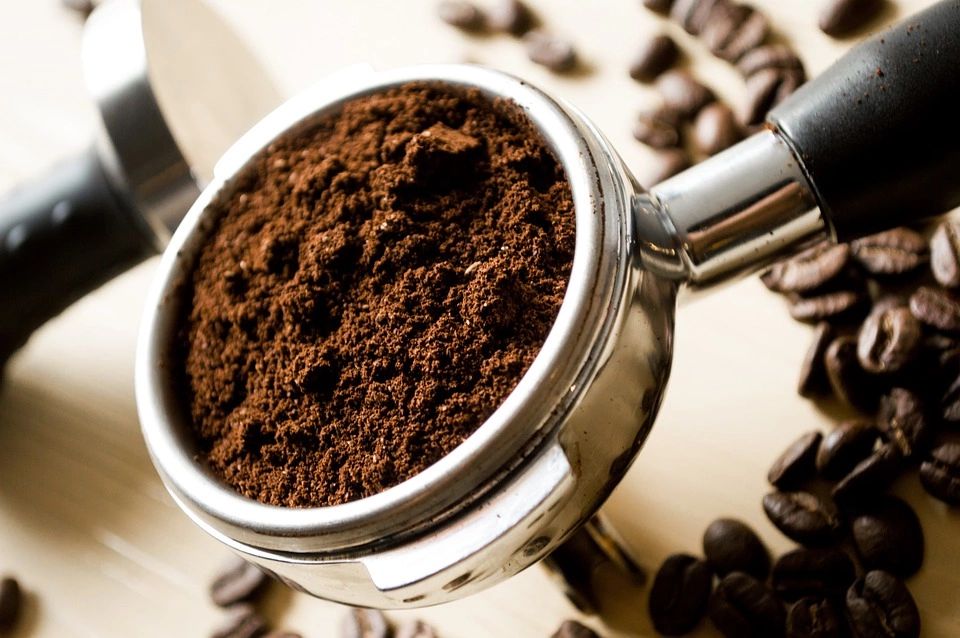The Benefits of Coffee on National Coffee Day

Other than water, tea and coffee are the most consumed beverages in the world. It may seem like a cat and mouse game when it comes to studies on coffee; one week a study is published about how bad coffee is for your body and the next week a new study is praising its health benefits. So what are the benefits of coffee?
Dr. Rob van Dam of Harvard University explains the good vs. evil coffee debate – “Often, people think of coffee just as a vehicle for caffeine. But it’s actually a very complex beverage with hundreds of different compounds in it. Since coffee contains so many different compounds, drinking coffee can lead to diverse health outcomes. It can be good for some things and bad for some things, and that’s not necessarily flip-flopping or inconsistent. That’s why we do studies on very specific health effects-for example, studies of how coffee affects the risk of diabetes-but we also conduct studies looking at coffee consumption and mortality over a long period of time, which better reflects the overall health effect.”
According to Harvard University’s School of Public Health’s website, 54% of American adults drink coffee every day at an average of about 3 cups per day. Studies have shown that up to 6 cups of coffee is considered safe. But what are recent studies saying about the benefits of coffee?
Coffee is loaded with many powerful and natural antioxidants that provide natural anti-inflammatory activity. The negative and harmful side of coffee is in its caffeine. According to Medical Daily, caffeine blocks the chemical adenosine from latching onto its receptors and inducing drowsiness (this is why caffeine makes you feel alert). But caffeine also constricts blood vessels, increases levels of adrenaline and makes your blood pressure and heart rate increase. For regular coffee drinkers, caffeine in coffee may cause abnormal heart rhythms and high blood pressure. The good news about coffee? It contains polyphenols.
Polyphenols
Antioxidants are found in a wide variety of food sources like fruits, vegetables and nuts. They are powerful substances that help to protect your body from free radicals (compounds that damage other cells). Polyphenol is a term used to classify plant-based compounds that have antioxidant properties. They have been studied for years as a protector against numerous conditions and diseases. Here are what some studies are saying polyphenols in coffee can do, according to Harvard University –
Heart Disease and Stroke Risk
A study published in the journal Circulation in 2009 titled, “The Nurses’ health study” comprised of over 83,000 women, showed that regular coffee consumption was associated with a modest reduction in stroke risk. Another study published in 2010 in the journal Arterioscler Thromb Vasc Biol. of over 37,000 participants showed that moderate coffee drinking was associated with a reduced risk of heart disease.
Type 2 Diabetes
The antioxidants in coffee may improve insulin sensitivity and lower the risk of type 2 diabetes, according to Harvard University. A study tracked the coffee consumption of over 125,000 participants for 18 years and found that the women who drank more than 6 cups per day reduced their risk for developing type 2 diabetes by almost 30%. Another study of over 74,000 women analyzed the intake of caffeinated and caffeine-free beverages and found that caffeinated coffee reduced type 2 diabetes risk by 4% and decaffeinated reduced it by 7%.
Not all cups of coffee are equal!
Adding sugar, cream, and milk can increase your calorie count compared to drinking a plain cup of black coffee. You may be adding over 100 calories to each cup of coffee you drink by including these additions. Be sure to order or make your coffee with fat-free or low-fat milk, instead of whole milk and, if you drink more than one cup a day, try to order or make a small amount of coffee each time. Many times, coffee shops will offer serving sizes that contain up to 1000 calories or more (think: lattes and mocha’s). Steer clear of added flavoring, like caramel or hazelnut, whipped cream, and added packages of sugar, according to the CDC.
So before you run to the break room at work or your coffee machine at home, remember to leave the sugar, coffee creamers and fat-filled milks out of your favorite drink to optimize all of the benefits of coffee.
Source: https://www.hsph.harvard.edu/nutritionsource/healthy-drinks/other-healthy-beverage-options/#ref18